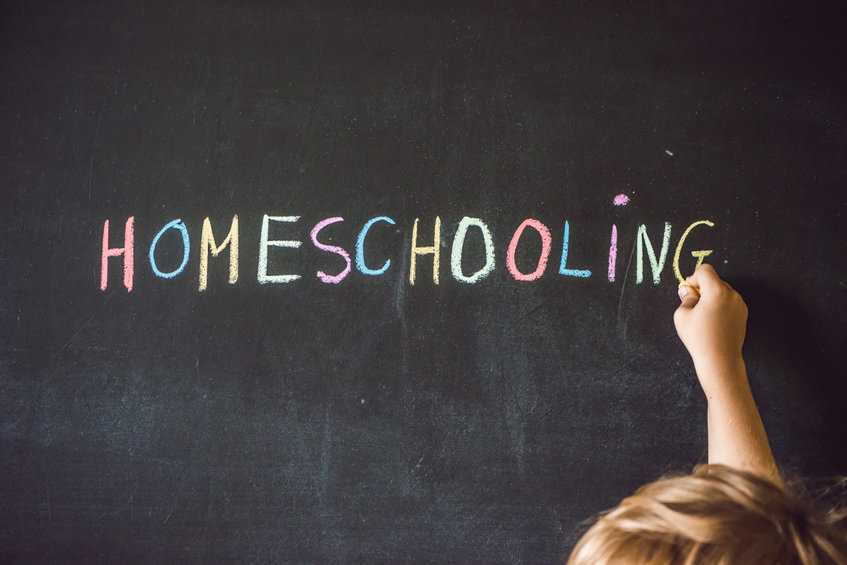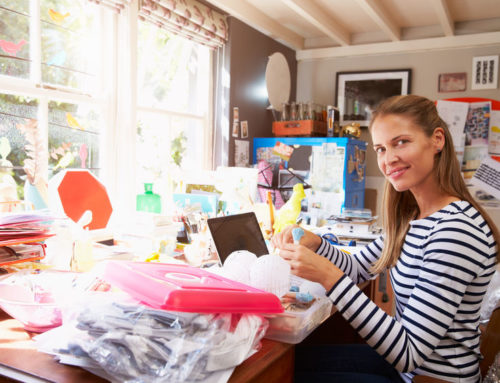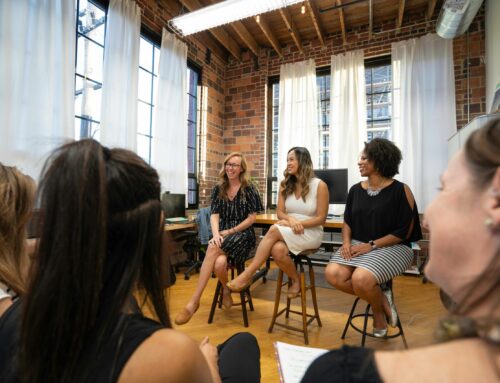The U.S. Census Bureau recently reported that there has been a huge increase in homeschooling since the start of the coronavirus pandemic. According to the Household Pulse Survey, the percentage of U.S. households homeschooling at the start of the 2020-2021 school year more than doubled compared to the previous year.
This means that currently about 11.1 percent of households with school-age children are homeschooling—up from about 5.4 percent before the pandemic. Given that about 72 percent of homeschool families have more than one child learning at home, it’s estimated that at least 8 million children are homeschooled in America today.
In their analysis of homeschooling rates by state, major metropolitan areas, and race, the authors of the Census Bureau survey concluded, “families are seeking solutions that will reliably meet their health and safety needs, their childcare needs and the learning and socio-emotional needs of their children.”
While it’s still too early to tell if the trend toward home education will continue once the pandemic abates, it seems clear that a significant percentage of parents—including those in minority communities—intend to continue homeschooling now that they’ve tried it and found it to be the best option for their kids.
“There’s no turning back for us now,” said Charmaine Williams of suburban St. Louis. “The pandemic has been a blessing—an opportunity to take ownership of our children’s education.”
What does this shift away from public schools mean for the future of education in the U.S.? Here are five predictions that point to a significant realignment in American education going forward.
1. Parents will continue to demand more options in education
Although the trend toward school choice was already gaining momentum before the pandemic, it’s clear that the upheaval in every area of society due to COVID-19 has ushered in a huge change in how parents approach their children’s education. Educational freedom is gaining popularity among parents regardless of income, race, geography, or political affiliation—and will continue to do so in the coming years.
2. Homeschooling is growing more diverse
For years homeschooling has been stereotyped as the domain of white, conservative, evangelical Christians. However, increased attention in recent years to persistent inequalities in underfunded urban districts has reinforced legitimate fears among parents of color that public schools are failing their children.
“I feel like the school system is setting these kids up for failure, and I don’t want my child being a part of it,” said Jennifer Johnson, a former Baltimore schoolteacher who is now homeschooling her 7-year-old cousin Donovan.
In addition, many parents of color are understandably frustrated when they see the stories of their communities ignored and distorted. For them, homeschooling is a safe space to teach their children cultural values and community history that they do not see represented in mainstream curricula.
Here, as more black, Hispanic, and Asian parents seek education options that best suit their children, it’s likely that we will see more diversity in homeschooling environments that cross racial, geographic, and socio-economic lines.
3. The First Amendment matters
In an era of increasing censorship by Big Tech and social media platforms of viewpoints that run counter to dominant cultural narratives, many Americans feel alienated and marginalized by politically correct curricula promoted in our public schools. Not only do they think taxpayer-funded schools no longer care about their worldview and values, but they sense that our cherished First Amendment rights to speech, religion, and association are under threat.
For faith-driven communities, this hostility toward biblically orthodox values is a strong reason to pull their children from public schools and ensure that their children are not indoctrinated into an increasingly secular worldview. Here again, it’s not just evangelical Christians who seek expanded opportunities for educational freedom.
As reported recently in the Wall Street Journal, Orthodox Jews are leaving New York for Florida in droves—in part because of the Sunshine State’s unique school choice program that offers freedom to raise their children in alignment with their community’s faith and values.
4. Tech is paving the way
While the pandemic forced tens of millions of Americans to shift to not only remote work, it also forced traditional schools to close and quickly pivot to online education—requiring parents to juggle working from home with homeschool teaching duties. Combined with an often chaotic implementation of local plans for hybrid in-person and at-home education schedules, it’s no surprise that once parents made the transition to remote learning, they were reluctant to return to the organized classroom.
Of course, the abrupt shift to home learning would not have been possible but for technological advances and faster internet speeds. Today, parents who are frustrated with public school pandemic policies can easily take their children’s education into their own hands and create alternative, virtual learning communities that connect like-minded families in just a few quick clicks online.
As Pia Ceres writes, “If Covid-19 was the publicist for homeschooling, then the internet is the connecting force that binds longtime homeschoolers and the new crop of wired, inspired parents.”
School choice is accelerating and here to stay
The decades-long trend of parents moving their children from traditional public schools to home, private, and charter schools is accelerating rapidly across all demographics, and mirroring the rich diversity of our nation.
To the degree that public schools continue to be dominated by out-of-touch establishment elites who fail to deliver a classic education in which critical thinking and diversity of thought are welcomed, parents from all backgrounds will increasingly embrace—and demand—the broadest range of school choice options to make sure their children get the best education possible.








[…] we’re reviewing homeschool predictions from 2021 made by David Bass in his post, Homeschooling is growing like crazy: 4 predictions of what that means for the future of education, published August 18, […]